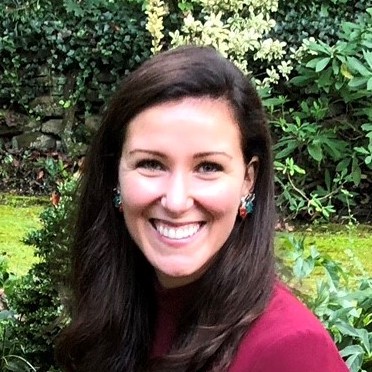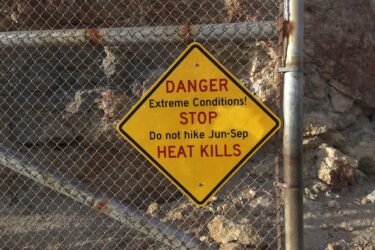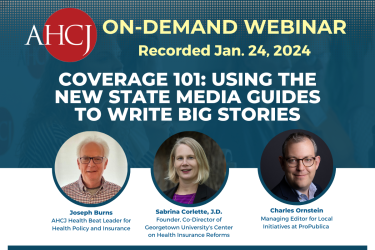Environmental health is a deeply intersectional topic, which opens up the possibility of using lots of different datasets in your reporting. In this webinar, coordinators from the CDC’s Environmental Justice Index (EJI) and Social Vulnerability Index (SVI) showed us how to access and use data found in these portals.
Social vulnerability refers to the potential negative effects on communities caused by external stresses on human health. Environmental justice is the fair treatment and meaningful involvement of all people, regardless of race, color, national origin, or income, to develop, implement, and enforce environmental laws, regulations, and policies. These topics are deeply connected and when these indexes are used together, they can help to include perspectives that have historically been marginalized.
Resources
- CDC/ATSDR Social Vulnerability Index (SVI)
- SVI Interactive Map
- ATSDR Environmental Justice Index
- Environmental Justice Index Explorer
- Contact the SVI Coordinator: svi_coordinator@cdc.gov

Paul Gordon (he/him), AHCJ’s health beat leader for environmental health, is a Chicago-based environmental journalist, photographer and arborist. His work appears in The Nation, Grist, The New Lede, Sierra Magazine, Belt Magazine, Civil Eats, Clean Energy Wire and In These Times. Gordon graduated from DePaul university where he studied international relations and journalism. During summers in college, he worked in conservation across the East Coast for US Fish and Wildlife and the National Park Service. After finishing school, Gordon worked in conservation and field ecology for the National Audubon Society, Forest Preserves of Cook County, and Fermilab. After being awarded the Congress-Bundestag Exchange Fellowship, he worked as a correspondent for Clean Energy Wire in Berlin and furthered his education in journalism at Freie Universität.

Ben McKenzie, M.S. (he/him), is a geospatial epidemiologist with the Geospatial Research, Analysis, and Services
Program (GRASP) at the Centers for Disease Control and Prevention/ the Agency for Toxic Substance and
Disease Registry. Since 2021, he has served as the team lead for the Environmental Justice Index project in collaboration with the National Center for Environmental Health and the HHS Office of Environmental Justice. Mr. McKenzie is a committed advocate for the application of geospatial sciences to promote health and health equity.

Elizabeth Pembleton, M.P.H. (she/her), received her Bachelor of Science in Health Promotion and Behavior from the University of Georgia, and her Master of Public Health in Epidemiology from the University of Alabama at Birmingham. She has worked in various public health areas throughout her career, including nutrition and exercise, healthcare associated infections, foodborne illnesses, HIV, COVID-19, and most recently, Social Vulnerability and geospatial science. Elizabeth joined GRASP in July 2020 as the Senior Project Coordinator for COVID-related projects and has since moved to lead the Social Vulnerability Index beginning in early 2022.







